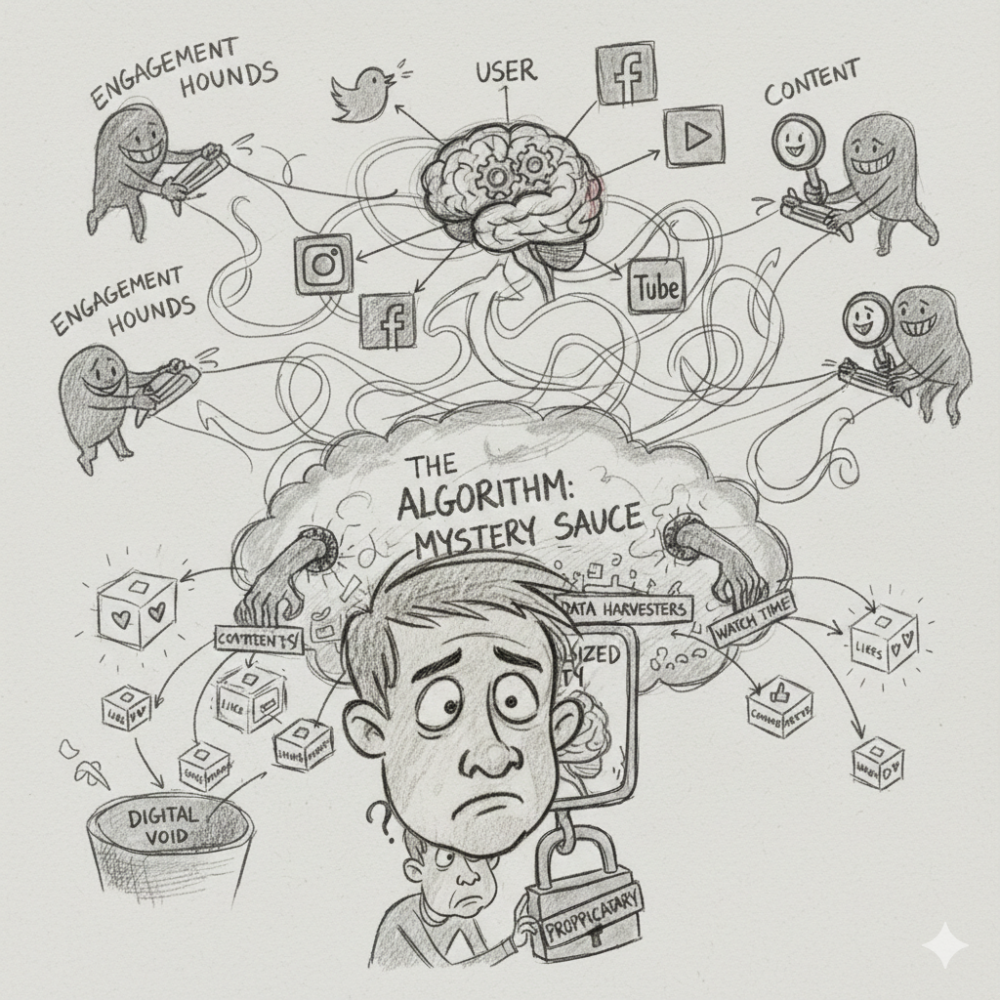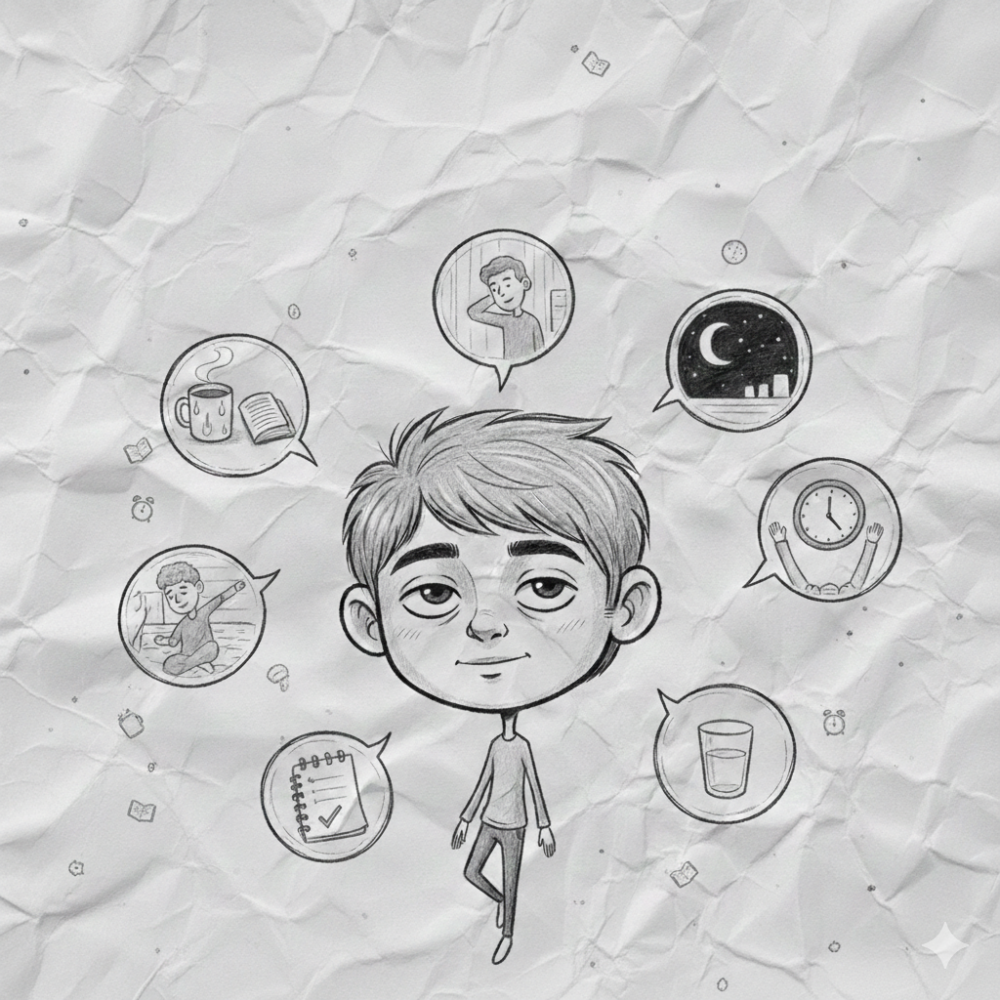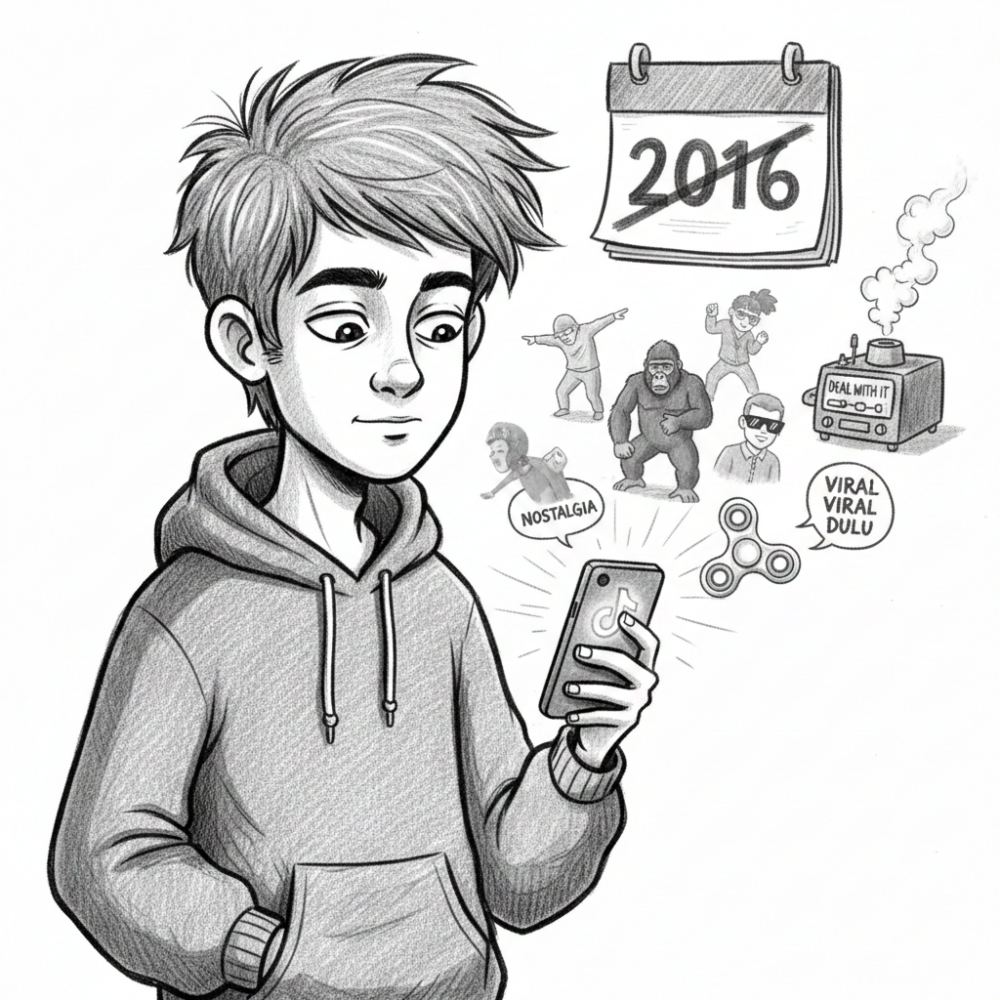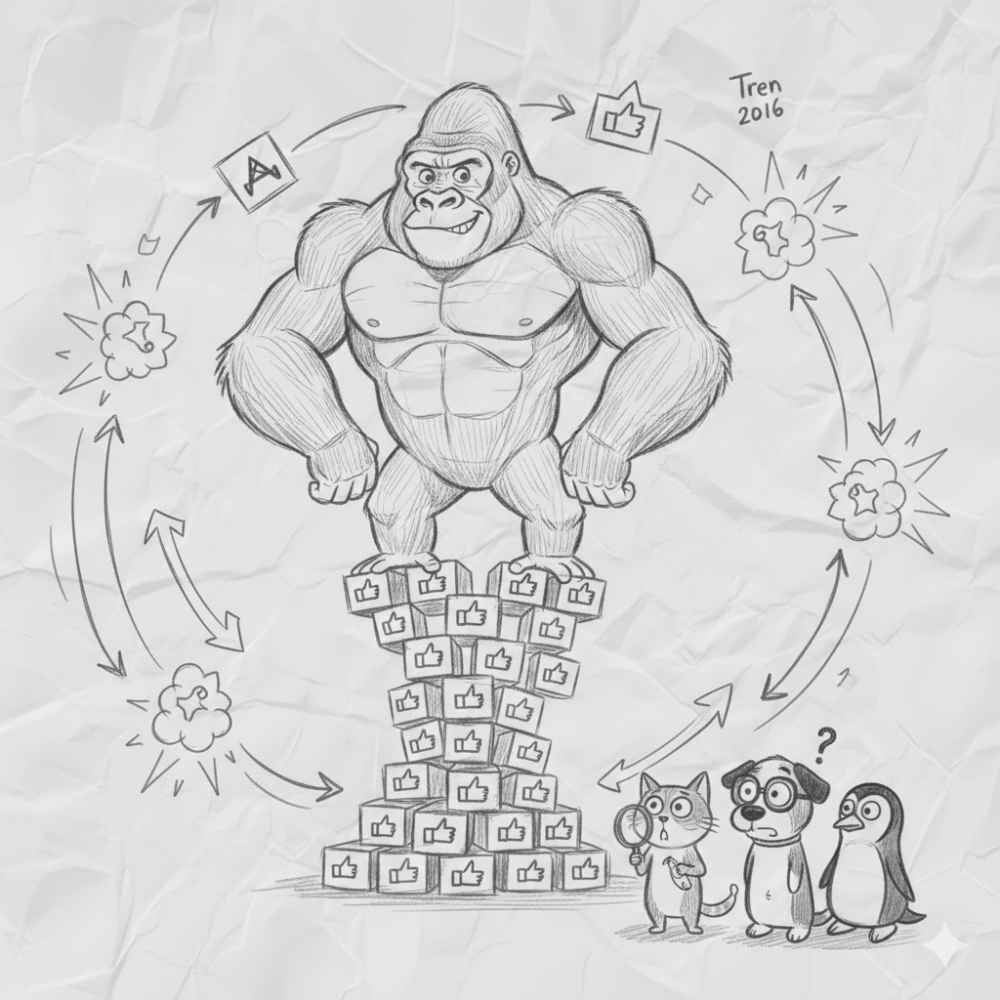The Quiet Struggle of Modern Minds
In an age defined by relentless speed, mental distress has woven itself into the fabric of everyday life. The screens glow late into the night, deadlines never rest, and human connection often gets lost in digital noise. Beneath this façade of productivity lies a silent crisis—millions struggling with emotional exhaustion, anxiety, and despair.
Mental health support has never been more crucial. The pace of modern living demands resilience, yet few are taught how to nurture it. Acknowledging our mental fragility is not weakness—it is the beginning of wisdom. Speaking openly about mental wellness dismantles stigma and invites compassion. Silence, after all, only amplifies suffering.
Understanding Mental Health
Defining mental health beyond the absence of illness
True mental health is not merely the lack of psychological disorder; it is a state of internal harmony. It is clarity of thought, emotional equilibrium, and the ability to engage fully with life’s complexities.
The mind-body connection: how physical and emotional health intertwine
The mind and body exist in an elegant symbiosis. Emotional turmoil can manifest physically—tight muscles, fatigue, illness—while physical neglect can cloud the mind. Balanced nutrition, rest, and movement are silent allies in emotional stability.
Myths and misconceptions that distort the truth about mental health
Too often, mental illness is viewed as weakness or moral failing. These misconceptions breed shame and delay recovery. Mental health is a biological, psychological, and social interplay—complex, human, and deserving of empathy, not judgment.
Common Mental Health Challenges

Photo by Pixabay / Free to use under license.
Anxiety disorders: when worry becomes overwhelming
Anxiety, once a survival mechanism, becomes suffocating when it refuses to rest. Racing thoughts, heart palpitations, and sleepless nights are its cruel companions. Yet, anxiety is treatable, not terminal.
Depression: understanding the depths of emotional fatigue
Depression is not simple sadness—it is an eclipse of the soul. It drains color from experience and makes existence feel unbearably heavy. With therapy and compassion, light can return to even the darkest corners.
Stress and burnout in a hyperconnected era
Constant connectivity breeds exhaustion. The expectation to always “be on” corrodes mental clarity. Burnout whispers before it roars; it is both a warning and an invitation to pause.
Trauma and PTSD: unseen wounds that linger
Trauma alters perception, memory, and the sense of safety. Though invisible, its scars are deep. Healing requires patience and often professional guidance to rewrite the narrative of pain.
Substance abuse and the cycle of coping
When emotions become unbearable, many seek refuge in substances. The relief is fleeting; the cost immense. Recovery begins when the pain beneath the addiction is met with compassion instead of condemnation.
Recognizing the Signs of Mental Distress
Behavioral shifts that indicate internal turmoil
Sudden withdrawal, irritability, or changes in appetite and sleep often hint at internal conflict. These are not moods to dismiss—they are cries for understanding.
Emotional red flags that shouldn’t be ignored
Persistent sadness, apathy, or feelings of worthlessness demand attention. Ignoring emotional distress is akin to ignoring a wound; it festers silently.
The difference between sadness, grief, and depression
Grief honors loss; sadness acknowledges pain. Depression, however, steals the will to engage with life itself. Knowing the difference is vital to offering the right kind of help.
When to seek professional help
When life feels unmanageable or despair becomes constant, reaching out is essential. Therapy is not a last resort—it is a lifeline.
The Psychology Behind Healing
How the brain responds to therapy and recovery
Therapy reshapes the neural landscape. Through consistent introspection and dialogue, new patterns of thought emerge, fostering calm and clarity.
Rewiring thought patterns: the science of neuroplasticity
The brain is not static—it adapts. Neuroplasticity allows the creation of healthier neural pathways, replacing cycles of fear with resilience.
The role of self-awareness in emotional healing
Awareness is the first step toward transformation. Recognizing one’s triggers, reactions, and desires illuminates the path to mental freedom.
Therapeutic Pathways and Treatment Options

Photo by Pixabay / Free to use under license.
Psychotherapy: a conversation that changes the mind
In the sanctuary of therapy, words become medicine. Talking through pain reorders chaos into coherence.
Cognitive Behavioral Therapy (CBT): rethinking destructive beliefs
CBT empowers individuals to challenge distorted thoughts. By reframing negative beliefs, one reclaims control over emotion and behavior.
Medication and psychiatry: balancing chemistry and care
For many, medication restores neurochemical harmony. When combined with therapy, it becomes a powerful tool for stability.
Alternative therapies: mindfulness, art, and music as tools for renewal
Art and sound transcend words. They touch the subconscious and allow healing through expression. Mindfulness invites presence—an antidote to mental noise.
Holistic approaches that unite body, mind, and spirit
Healing flourishes when the entire being is addressed—through movement, nutrition, breath, and spirituality.
The Power of Self-Help and Daily Practices
Building mental resilience through small, consistent habits
Resilience is cultivated, not innate. Simple acts—hydration, routine, gratitude—fortify the psyche over time.
Journaling and reflection for emotional clarity
Writing transforms chaos into comprehension. It externalizes emotions, turning confusion into insight.
The influence of nature and solitude on inner peace
The earth’s quiet rhythm soothes the overstimulated mind. Solitude, when embraced, becomes a space of regeneration.
Meditation and breathwork as gateways to calm
Stillness anchors the mind. Conscious breathing slows racing thoughts, returning control to the present.
Sleep hygiene and its profound effect on mental balance
Restorative sleep recalibrates emotion and memory. A rested mind is far more resilient than a weary one.
Nutrition and the Mind
The gut-brain axis: how food shapes our emotions
The gut communicates with the brain through a network of hormones and nerves. A nourished body nurtures emotional stability.
Nutritional deficiencies that mimic mental illness
Deficiencies in B vitamins, omega-3s, and minerals can manifest as depression or anxiety. The mind requires fuel as much as the body does.
Brain-boosting foods for better mood and focus
Leafy greens, berries, and fatty fish enhance cognition and regulate mood—nature’s quiet pharmacy.
The Social Dimension of Mental Health
The healing power of connection and belonging
Humans are wired for connection. Genuine relationships restore self-worth and counter isolation.
Setting boundaries in toxic environments
Boundaries protect energy and preserve peace. They are not walls—they are acts of self-respect.
How social media can both help and harm mental wellness
Online spaces can foster community or breed comparison. Intentional use transforms the digital realm into a supportive ally.
Workplace Mental Health
The silent epidemic of burnout and overachievement
Modern ambition often disguises exhaustion. Constant output without recovery leads to collapse.
Creating psychologically safe workspaces
Empathy, flexibility, and open dialogue transform workplaces from pressure zones into supportive ecosystems.
Employer responsibility and employee advocacy
Leaders who prioritize mental wellness create loyal, inspired teams. Advocacy begins with acknowledgment.
Youth and Mental Health
Teen anxiety in the digital age
Adolescents navigate an unrelenting wave of comparison and expectation. Guidance and open communication are crucial lifelines.
The pressure of academic and social expectations
Perfectionism erodes joy. Encouraging balance over performance nurtures mental endurance.
Building emotional intelligence from a young age
Teaching children to name and navigate emotions lays the foundation for lifelong resilience.
Mental Health in Relationships

Photo by Pixabay / Free to use under license.
Loving someone with mental illness: compassion without codependency
True support honors both empathy and boundaries. Healing cannot be forced; it must be accompanied.
Communication strategies for emotional intimacy
Listening with intent, not impatience, bridges emotional distance. Words wield the power to heal or harm.
Recognizing and healing from emotionally draining dynamics
Toxic patterns drain vitality. Awareness and courage allow one to step out of cycles that no longer serve growth.
The Role of Technology in Mental Wellness
Mental health apps: tools or traps?
Digital aids offer convenience, but they cannot replace human empathy. Balance is essential.
Digital detoxing: reclaiming focus and peace
Unplugging restores attention span and reconnects the self with reality.
The double-edged sword of online therapy
Virtual therapy increases accessibility yet risks emotional disconnection. Integration is key.
Cultural and Societal Perspectives
How culture shapes our understanding of mental illness
Different societies interpret emotional suffering through unique lenses—some spiritual, others medical. Awareness broadens compassion.
Stigma and the struggle for acceptance
Stigma silences the suffering. Acceptance begins with courageous conversations.
Global differences in access to care and support
Mental healthcare remains a privilege in many parts of the world. Bridging this gap is a moral imperative.
The Cost of Ignoring Mental Health
Economic and societal consequences of untreated mental illness
Productivity loss, healthcare costs, and social instability all stem from neglected mental wellness.
The ripple effect on families, workplaces, and communities
When one person suffers, entire networks tremble. Healing is communal, not solitary.
Spirituality and Meaning in Mental Health
Finding purpose amidst pain
Suffering, when faced with awareness, can birth profound transformation. Meaning often emerges from struggle.
The role of faith, gratitude, and mindfulness in recovery
Faith grounds the uncertain mind. Gratitude reframes perception, transforming despair into acceptance.
Supporting Others in Their Mental Health Journey
How to listen without judgment
Listening is not fixing—it is witnessing. Silence, held with empathy, heals more than advice ever could.
Encouraging loved ones to seek professional help
Gentle encouragement opens doors that force cannot. Support should empower, not control.
Creating safe spaces for open conversation
A safe space is not defined by silence but by understanding. It allows vulnerability to exist without fear.
The Future of Mental Health Care
The promise of AI and digital therapy platforms
Technology can democratize therapy, offering guidance to those beyond clinical reach. Yet, ethics and empathy must guide innovation.
Expanding access through telehealth and community initiatives
Community-driven care models redefine accessibility, bringing help to those long unseen.
Evolving views on mental wellness in the next decade
Mental health is moving from taboo to mainstream. The next frontier is prevention, not crisis response.
Conclusion: Towards a Culture of Compassion and Awareness
Mental wellness is a shared human responsibility. A culture of empathy can dismantle centuries of stigma and misunderstanding. Healing begins when minds unite in compassion. With patience, openness, and courage, humanity can learn not just to survive—but to thrive.




